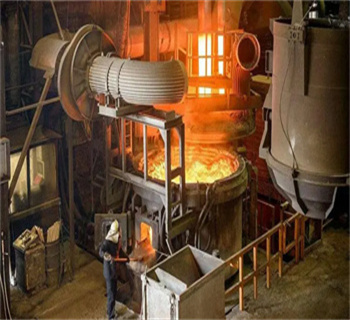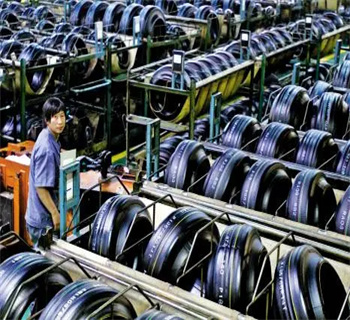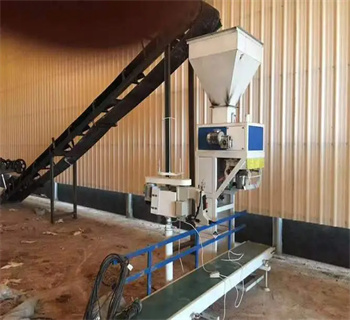Overview of Sulfide Powder
Sulfide powder, a chemical compound with unique properties, finds its applications across multiple industries. This powder, composed primarily of sulfur-based compounds, exhibits distinct chemical reactivity and is often used in processes requiring high precision. Its discovery and subsequent synthesis have opened up new avenues in materials science, chemistry, and beyond.
Characteristics of Sulfide Powder
High Reactivity: Sulfide powder reacts rapid with certain metals, forming alloys and compounds with unique physical and chemical properties.
Exceptional Thermal Security: It can withstand heat without decomposing, making it appropriate for high-temperature applications.
Low Toxicity: Compared to other sulfur-based compounds, sulfide powder is relatively non-toxic, making it safer to handle.
Versatile: It can be used in various chemical reactions, from simple substitutions to complex synthetic procedures.
Cost-Effective: Production methods are becoming increasingly efficient, making sulfide powder commercially viable.
Application of Sulfide Powder
Metallurgy: In metallurgy, sulfide powder is used as a fluxing agent to remove impurities from metals during smelting.

Metallurgy
Semiconductor Manufacturing: It plays a crucial role in producing semiconductors, acting as a dopant to control electrical properties.

Semiconductor Manufacturing
Rubber Industry: Sulfide powder is used as a vulcanizing agent in rubber production, improving the strength and durability of rubber products.

Rubber Industry
Oil and Gas Extraction: Oil and gas is a corrosion inhibitor to protect pipelines and equipment from sulfur-based corrosion.

Oil and Gas Extraction
Fertilizer Production: Sulfide powder is also used to produce sulfur-based fertilizers, essential for crop nutrition and yield enhancement.

Fertilizer Production

Company Profile
NANOTRUN(www.rboschco.com) is a trusted global chemical material supplier & manufacturer with over 12-year-experience in providing super high-quality chemicals and nanomaterials, including boride powder, nitride powder, graphite powder, sulfide powder, 3D printing powder, etc.
The company has a professional technical department and Quality Supervision Department, a well-equipped laboratory, and equipped with advanced testing equipment and after-sales customer service center.
If you are looking for high-quality Sulfide powder, please feel free to contact us or click on the needed products to send an inquiry.
Payment Term
L/C, T/T, Western Union, Paypal, Credit Card etc.

Shipment Term
By sea, by air, by express, as customers request.
FAQ
Q1:
What is sulfide powder, and what are its primary uses?
Re: Sulfide powder is a chemical substance largely utilized in commercial applications due to its special chemical homes. It finds widespread use in metallurgy, semiconductor manufacturing, rubber production, and oil and gas extraction.
Q2:
Is sulfide powder safe to handle? What precautions should be taken?
Re: While sulfide powder is generally safe to handle when properly managed, taking precautions is crucial. Handling should be done in a well-ventilated area, wearing protective equipment like gloves and goggles. Stay clear of breathing and contact with skin or eyes.
Q3:
Can sulfide powder be mixed with other chemicals?
Re: Mixing sulfide powder with other chemicals should be avoided unless specifically recommended by a professional. It can react violently with certain compounds, posing a safety hazard. Always consult a chemical compatibility chart or expert advice before mixing.
Q4:
What are the potential environmental impacts of sulfide powder?
Re: Improper disposal of sulfide powder can adversely affect the environment, causing soil and water pollution. It can react with water to produce harmful gases, contaminating groundwater if leaked. Responsible disposal and waste management practices are crucial.
Q5:
How should sulfide powder be stored to maintain its quality and safety?
Re: Sulfide powder should be kept in a great, dry, and well-ventilated location, far from wetness, warmth, and incompatible chemicals. Storing in sealed containers that prevent air and moisture ingress is recommended. Regular inspections for leaks or signs of degradation are also essential.











